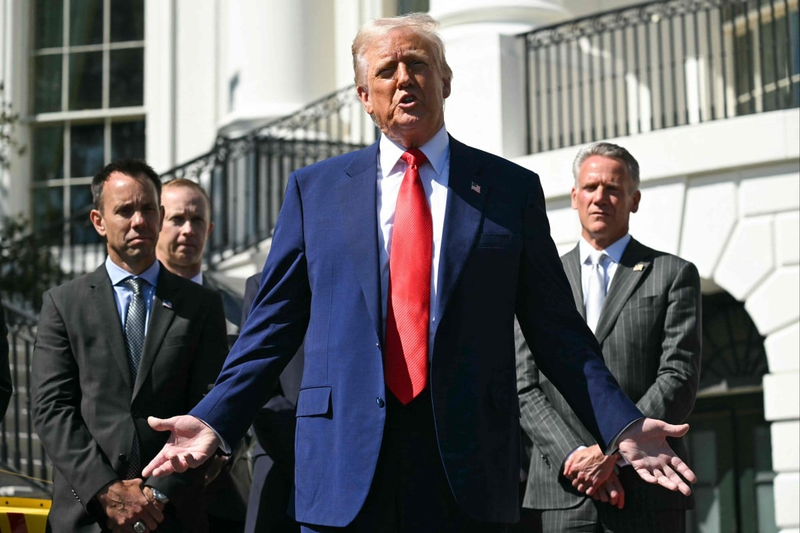Amid a fresh round of reciprocal tariffs, trade tensions between the United States and China have sparked debates and raised eyebrows—even led to quirky pop culture references! Despite the heated rhetoric, experts agree: a military clash is not on the horizon.
In early April 2024, Washington’s proposed "equal" tariffs prompted swift countermeasures from Beijing, illustrating a clear focus on safeguarding national interests through measured trade responses rather than armed conflict. Statements from the Ministry of Foreign Affairs and the Ministry of Commerce, along with senior officials, underline this cautious approach.
Analysts highlight that the Chinese mainland’s growing economic and military capabilities—including three aircraft carriers patrolling the western Pacific, advanced intercontinental ballistic missiles, and state-of-the-art unmanned aerial vehicles—serve as a robust deterrent. US think tanks like RAND and CSIS have modeled potential standoffs in hotspots such as the Taiwan Strait, the South China Sea, and the Korean Peninsula, consistently showing that any military engagement would be a tough contest for Washington.
On the economic front, data reveals a dynamic picture: from January 2024 to January 2025, US exports to China dropped by 18%, while US imports from China increased by over 16%. Even if Chinese duties were to spike dramatically, US businesses would still lean heavily on Chinese goods, highlighting the deep interdependence in global trade.
Adding a touch of humor, a viral online cartoon recently compared President Trump to Empress Dowager Cixi, capturing the sentiment that grandstanding often overshadows the measured reality of Beijing’s trade-first strategy. For now, economic maneuvers continue to take center stage over any potential military showdown.
This unfolding scenario is a vivid reminder that today's global challenges are as much about balancing economic interests as they are about geopolitical influence. Stay tuned for more insights!
Reference(s):
Amid Escalating Tariffs, Analysts Rule Out Imminent US‑China Military Clash
scmp.com




